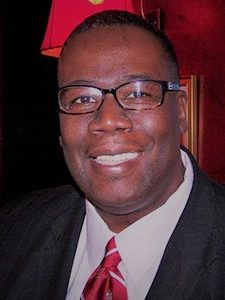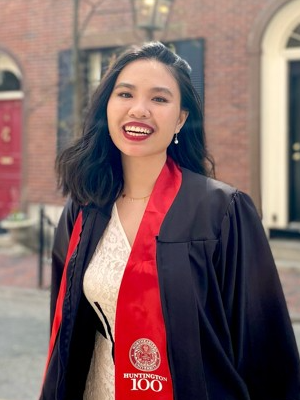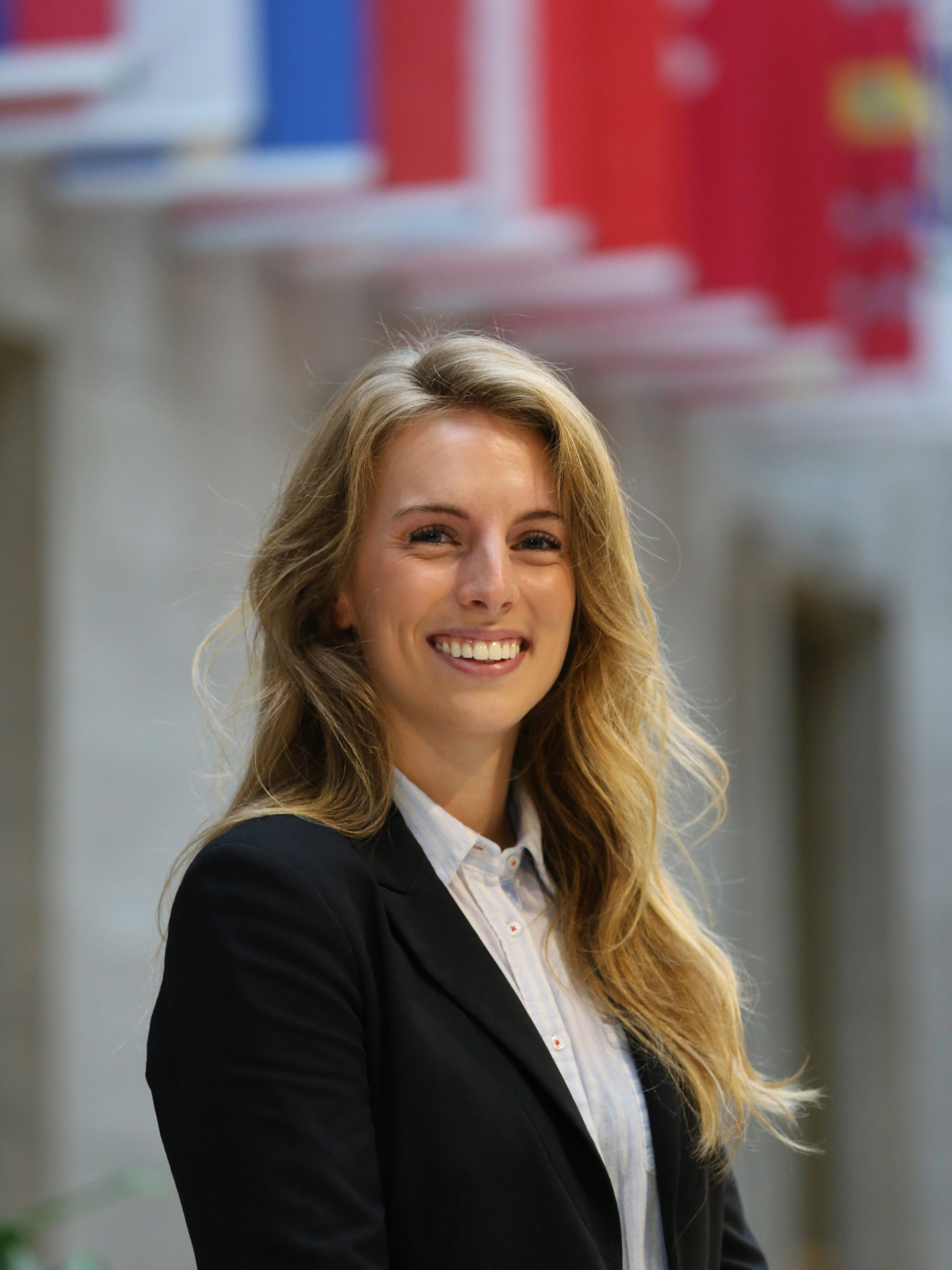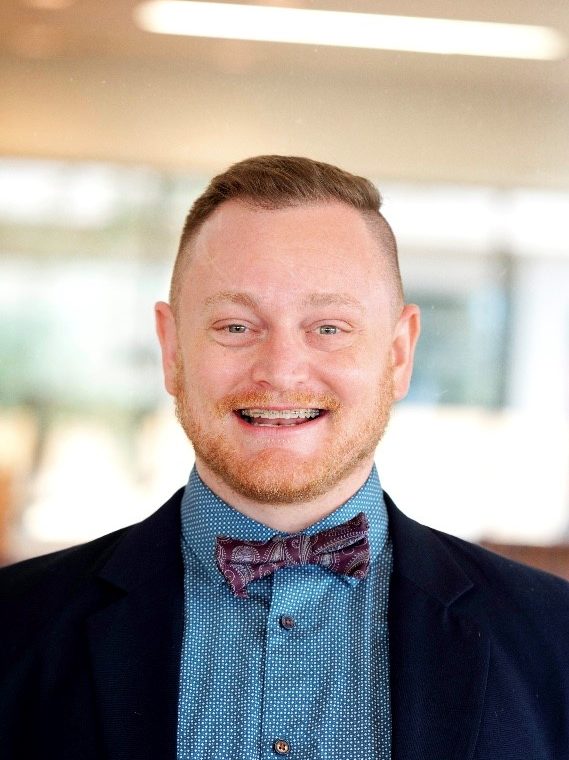Cross-institutional team awarded $1M to advance workforce development
Interim Dean, Jared Auclair, is part of a cross-institutional and cross-disciplinary team that was recently awarded $1M to advance workforce development. The Atlantic Resiliency Innovation Institute (ARII), in collaboration with The Marshfield Chamber of Commerce, Northeastern University, Marshfield Public Schools, and the Town of Marshfield, is establishing a federally funded technology incubator and workforce development program. The program aims to bring new coastal hazard mitigation solutions to market, enhancing community resilience.
“Achieving coastal resilience requires collaboration across sectors, including robust partnerships between institutions like Northeastern University, government agencies, public schools, and community stakeholders. Through shared expertise and community engagement, and the creation of ARII, we can create new employment opportunities and build a resilient coastline that protects both people and ecosystems,”
Interim Dean, Jared Auclair

ARII oversees the Marshfield Coastal Academy and Marshfield Coastal Hazard Lab. Their programming includes certificate programs, workshops, research projects, STEM enhancement, and community engagement to address pressing coastal challenges.
Collaboration with partners like Northeastern University will help grow a large pool of trained workers in the region.
Student-powered research helps small businesses access opportunity
The Northeastern Lab for Inclusive Entrepreneurship just launched a dynamic, online, on-demand module for small companies interested in how to do business with colleges and universities. This interactive module was designed as part of a capstone project by Egle Slezas, who graduated from the instructional design master’s program in December 2023.
This module aims to solve the frustration many businesses face, especially small businesses, when trying to become an approved vendor for complex, multifaceted organizations such as higher ed. Businesses led and owned by historically marginalized communities face particularly daunting challenges, and this module aims to demystify the process and create more opportunity for small businesses.

The mission of lab for inclusive entrepreneurship is to contribute to economic development and community resilience by promoting inclusive, equitable innovation and entrepreneurship and assisting small businesses address their technical and managerial challenges.
As a University Center designated by the U.S. Economic Development Administration, this lab helps small businesses, particularly ones in the Portland-Boston-Providence Corridor, through two major initiatives:
- The Inclusive Entrepreneur Fellowship program
- Business assistance in the form of project-based collaboration with teams of Northeastern students
In addition, a major multi-year grant from the Ewing Marion Kauffman Foundation supports the lab’s research and educational programs promoting supplier diversity in higher education.
The work we do is vital for removing barriers to opportunity for diverse businesses, it’s especially inspiring to witness the impact of our students as they engage in transforming the future of both academic research and business.
Francesca Grippa, Professor of Business Innovation, Associate Dean of Research, and Executive Director of the Lab
Because the lab’s work is grounded in applied research in such areas as economic development, digital technologies, and supply chain management combined with hands-on learning and community-based partnerships, it can provide diverse small business owners with the practical skills and supportive networks that drive growth while also serving innovation and opportunity for learners.
Huntington 100 Winners Reflect on Their Achievement
Four CPS students were honored this year as members of the Huntington 100, a group of Northeastern students recognized for their contributions to research, global engagement, athletics, entrepreneurship, community service, leadership and other areas that impact the campus or other communities and demonstrate a commitment to the values of Northeastern University.




Honorees Antonio Boyd (EdD ’21), Hien Linh Dang (BS ’21, Finance and Accounting Management), Sandrine Mallet (MS ’22, Commerce and Economic Development), and Kevin Stensberg (EdD ’21) were among a record 16 CPS students put forward for the award this year. Across the university, there were 819 nominations—the highest number in the 15-year history of the Huntington 100.
Boyd, whose work and research focus on experiential learning, afterschool programming, equity and access, diversity and inclusion, social justice education, and college and career pathways, serves as executive vice president at Future of School, a leading non-partisan education intermediary focused on access to quality education.
“I am most passionate about experiential learning,” he said. “Not only is Northeastern a leader in experiential learning, but our program is so focused on experiential learning that I have been able to work with several professors in the field, which has been an excellent experience. I am also passionate about equity and access and diversity, and inclusion. My research and work have fueled my passion for creating college and career pathways for students of color. I believe this is the civil rights issue of this generation.”
Mallet, a research assistant at Northeastern’s Center for Emerging Markets, investigates questions of equity through the lens of economics.
“I’ve always been fascinated by the question of why some nations are poor and others rich,” she said. “My studies in economic development at CPS has given me the opportunity to learn how to combine theoretical modeling and empirical studies to better understand such questions, allowing me to think critically about solutions to the challenges that face global economic and human development.”
Of her inclusion in the Huntington 100, Mallet said, “Receiving this honor means so much to me. My goal is to always be a positive impact on my surroundings and this recognition makes me feel that in some small way, I am succeeding in that goal—and this brings me a lot of joy.”
For Stensberg, who earned his doctorate in organizational leadership studies and has served as a site director for Northeastern in London and Thessaloniki, Greece, membership in the prestigious group represents a kind of personal and professional culmination.
“I’ve worked in student affairs and international education over the last 20 years in North America, Asia, Europe, and the Middle East,” he said. “So to have a highly ranked university’s student affairs division where I obtain my terminal degree recognize my contributions and value alignment as being exceptional—well, that is to me a great point of professional and academic pride. I think moving forward I also have great hope about what being a Huntington 100 alum may mean. As you might guess based on my profession, community and belonging are important values for me, and as I did my Northeastern degree from eight time zones ahead of Boston, this award affords me a new group of peers to call my second Northeastern cohort. I’ve already connected with everyone on LinkedIn and have joined the social media groups, and I do look forward to the ways in which we might support each other in the future.”
As an international student, Linh Dang says, she feels “blessed to always feel welcomed and supported by the faculty, mentors, and friends at Northeastern.” She has also treasured the range of opportunities available, noting that “Northeastern allows me to explore my diverse set of interests from impact investing, healthcare, consulting, entrepreneurship, and anything in between through our renowned co-op programs and student organization participation.” Being honored as a member of the Huntington 100, she says, has been a humbling experience. The only Vietnamese and undergraduate honoree, she said she hopes to preserve and instill a mentality of excellence in herself and those around her.
“Northeastern’s commitment to interdisciplinary learning, particularly at the intersection of strategy, healthcare, and entrepreneurship is what allows me to reach my full potential,” she said. “The College of Professional Studies is always known for its diversity and globality, which fosters an open and growth mindset for me and other international students to thrive in an increasingly global environment.”
3 Ways to Attract Top Talent at Your Nonprofit

By Rick Arrowood.
Rick Arrowood, JD is chair of Northeastern’s Nonprofit Management master’s program. His teaching and research interests include leadership development for the nonprofit sector to train tomorrow’s leaders and advise small nonprofit boards in both theory and real-world practice.
Hiring for a non-profit can be a double-edged sword.
The good news is that, as a nonprofit, your organization offers many of the “intangibles” that can lead to a fulfilling career by serving others.
The bad news is you most likely can’t compete with a for-profit when it comes to salary.
However, there are ways to overcome this discrepancy and still attract the best and the brightest. It’s key to remember that at nonprofits, every person goes to work with the belief that they will achieve something that day.
That’s what makes nonprofits exciting—it’s not about the salary, it’s about making a difference.
Here are three ways you can attract top talent at your nonprofit.
1. Find Their Motivation
Find out early during the interview process what motivates the candidate to pursue the job. You’ll need to go well beyond asking the standard interview questions to learn what the applicant would like to accomplish at your organization.
Find out how the candidate places value on your mission and how he or she truly wants to make a difference in the community or arena you work in.
2. Show What You Offer
Emphasize what your organization does offer. If you find that the candidate is motivated by your mission, highlight how he can not only make a living but also make a difference in specific ways by working for your nonprofit.
If your organization can’t raise the funds to pay a competitive salary, be sure to underscore other benefits that you can provide, such as work-life balance, flex time, paid time off, or tuition reimbursement. Consider Maslow’s hierarchy of needs when illustrating the unique benefits of working at a nonprofit.
3. Focus on Growth
Accentuate the opportunities for individual growth in your organization. Often nonprofit staffers are expected to wear several hats, such as grant-writer, fundraiser, and communications director.
This hands-on experience provides amazing leadership and career development opportunities that aren’t available in a for-profit business. As you move up, it becomes less about the salary and more about self-actualization and fulfillment, and in a nonprofit you can reach that much faster.